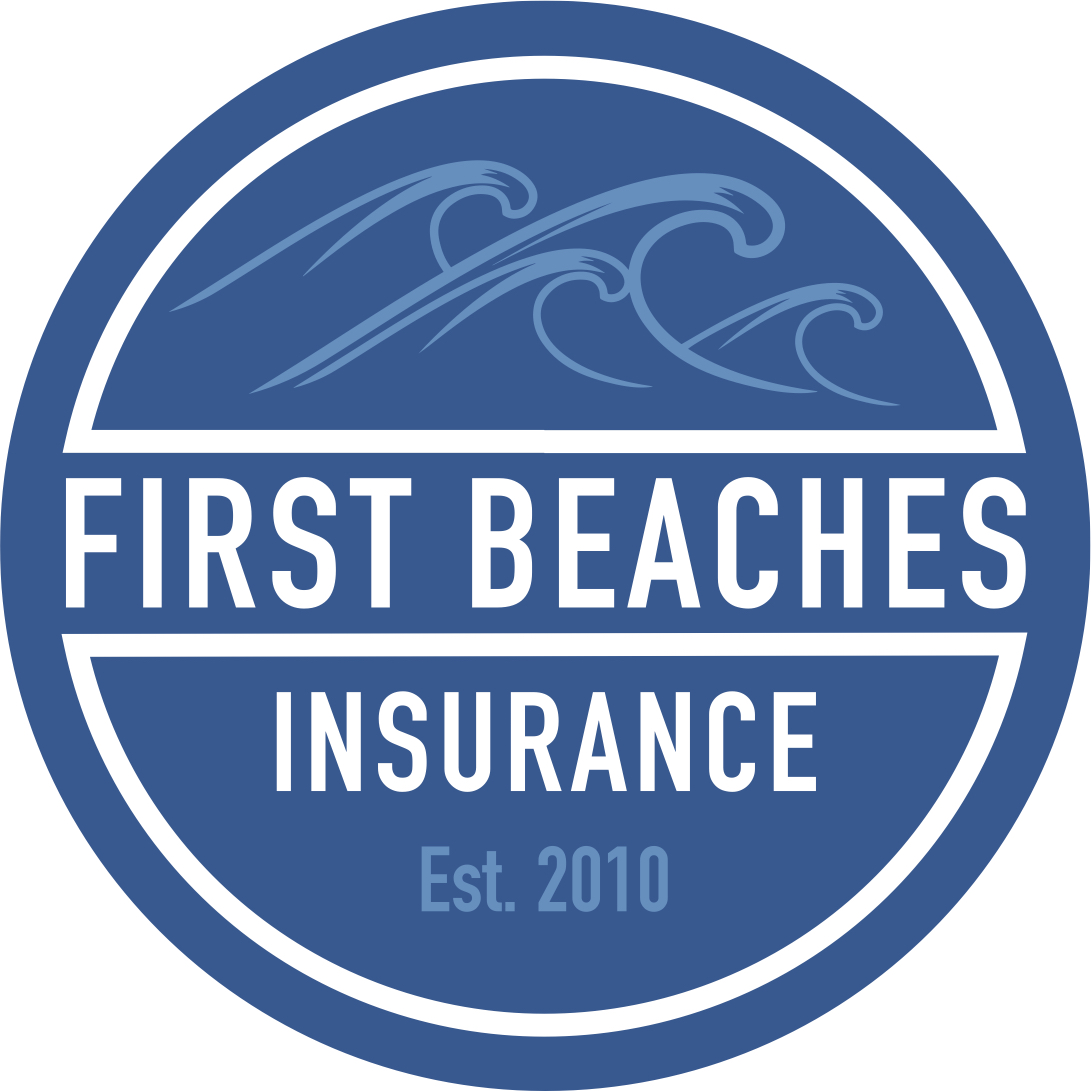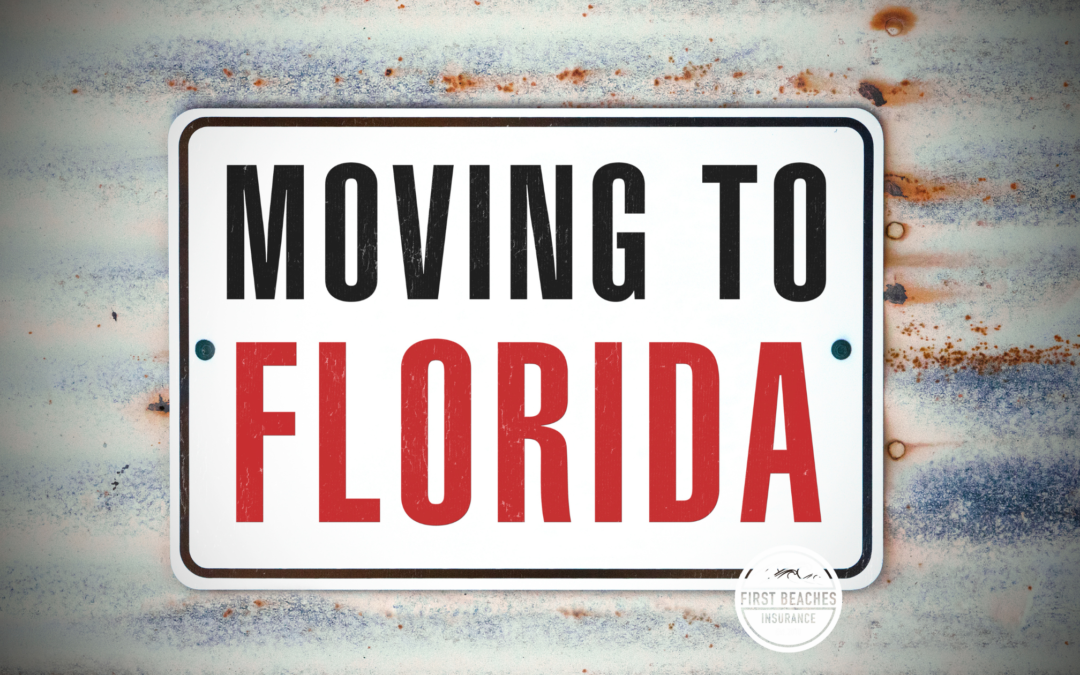Florida, often referred to as the “Sunshine State,” is not just known for its warm climate and beautiful beaches but also for its diverse culture and vibrant economy. If you are planning a move to Florida, it’s important to remember that there are a few lifestyle considerations. Florida is pretty susceptible to certain natural disasters, such as hurricanes and flooding. So, while you’re visualizing your new life under the palm trees, also take a moment to familiarize yourself with the specifics of Floridian insurance policies. This will ensure that your relocation process is not just exciting but also secure and stress-free.
Understanding Florida’s Climate
Florida’s weather is renowned for its unique seasonal patterns and temperate climate. From the warm, sunny days of summer to mild winters, it’s no surprise that so many people flock to Florida for both short-term vacation and long-term relocation.
But while the sunshine may be desirable year-round, Floridians must also remain prepared for the consequences of the state’s more extreme weather patterns. Florida is particularly susceptible to tropical storms and hurricanes, which begin to form offshore during hurricane season (June 1-November 30). During this time, it is essential that residents have proper insurance coverage in order to protect their property and investments in case of a natural disaster.
Importance of Homeowners’ Insurance in Florida
Given Florida’s susceptibility to tropical storms and hurricanes, homes are often at risk of serious damage. This includes the potential for wind damage, flooding, and even property destruction. Homeowners insurance in Florida is not just a legal requirement but a crucial protective measure. It offers an essential safety net, ensuring that homeowners can quickly recover and rebuild after a disaster.
A standard homeowners insurance policy provides comprehensive coverage, safeguarding your home and personal possessions from a variety of risks. This coverage typically includes dwelling protection, which pertains to the physical structure of your home, including the walls and roof. Personal property protection covers the replacement cost of personal items such as furniture, electronics, and clothing if damaged or lost due to covered perils. Importantly, your policy also includes liability coverage, protecting you financially if someone is injured on your property or if you cause damage to someone else’s property. Plus, many policies offer additional living expenses coverage, reimbursing you for extra costs such as hotel bills and meals if you’re unable to live in your home due to a covered loss. However, it’s worth noting that standard policies usually do not cover damages from flooding or hurricanes, which are frequent in Florida; additional coverage is required for these perils.
Auto Insurance in Florida
Florida law stipulates that all drivers must carry a minimum amount of car insurance to legally operate a vehicle. To do so, residents must purchase Personal Injury Protection (PIP), which covers your medical expenses regardless of who is at fault in an accident, with a minimum of $10,000 per person and Personal Damage Liability. The Property Damage Liability (PDL) pays for damages you cause to others’ property with a minimum of $10,000 in coverage.
However, these minimums may not provide adequate protection in all situations. Opting for more comprehensive auto insurance is a wise decision in Florida, given the state’s high accident rates and susceptibility to severe weather events. Comprehensive coverage can cover costs associated with damage from storms, vandalism, or theft, offering invaluable peace of mind as you navigate Floridian roads and weather conditions.
Selecting the Right Insurance Provider
Choosing the right insurance provider can greatly enhance your peace of mind. Consider insurers that have a strong financial rating, which indicates their ability to pay claims. Review their customer satisfaction ratings as well since this provides insight into the company’s customer service and claims handling process. Always compare quotes from several providers to ensure you’re getting the best price for the coverage you need. Pay special attention to the specifics of their policy offerings, particularly for weather-related events common in Florida, such as hurricanes and flooding. Lastly, look for insurers that offer multiple policy discounts if you are considering bundling your home and auto insurance.
We recommend hiring an independent agent who can take care of all of these concerns. An independent agent has access to multiple insurance carriers and can “shop” the marketplace for you to pair you with the best carrier or your needs at the best rate. By thoroughly researching and comparing options, your agent can find a provider that offers comprehensive coverage tailored to your specific needs at a competitive price.
Relocating to Florida undoubtedly promises exciting prospects. However, it’s critical to thoroughly understand and prepare for the unique challenges associated with the state’s weather patterns and insurance requirements. From securing comprehensive homeowners and auto insurance to understanding the specifics of policies covering weather-related events, there are numerous factors to consider.
Contact us today to learn more about protecting yourself and your property.

